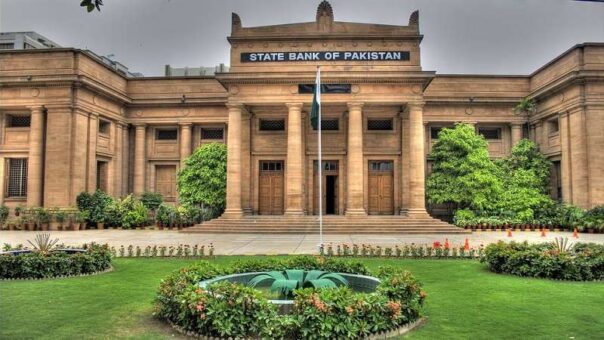Governor Jameel Ahmad of the State Bank of Pakistan (SBP) emphasized the importance of collaboration between regulators, financial institutions, industry players, and Shariah scholars to achieve standardization of Islamic financial contracts and streamline processes.
He made these remarks at the Inaugural International Conference on Islamic Capital Markets (ICM), which was jointly organized by the Accounting and Auditing Organization for Islamic Financial Institutions (AAOIFI) and the Securities and Exchange Commission of Pakistan (SECP). The conference theme was ‘ICM Development with Ecosystem Completion: Innovation, Growth, and Transformation’.
Governor Ahmad discussed key issues and challenges in the development of the Islamic capital market, expressing confidence that solutions are attainable. He hoped that the conference would facilitate knowledge exchange and provide insights to create a roadmap for a sustainable, diversified, and inclusive Islamic Capital Market in Pakistan.
Governor Ahmad highlighted that the global Islamic finance industry has surpassed USD 3 trillion, with Islamic capital markets accounting for approximately 31 percent of this total. However, he noted that Islamic capital markets are still in their early stages of development in most jurisdictions. He attributed this to gaps in institutional, legal, and regulatory frameworks, inefficient price discovery, and a lack of diversity in instruments and investors. The Governor expressed satisfaction that Islamic banking has become a significant sector in Pakistan in terms of asset base and market share.
Regarding the challenges related to the development of Islamic capital markets, particularly the Islamic Debt Market, Governor Ahmad emphasized that the conversion of public debt into Shariah-compliant instruments remains the most significant hurdle. The scarcity of sovereign assets has impeded the regular issuance of asset-based Sukuk, although efforts are being made to address this issue through the establishment of a high-level working group by the SBP. The working group aims to develop practical solutions for alternate Shariah-compliant structures, especially Asset Light Sukuk Structures.
To establish a robust Islamic corporate debt market, Governor Ahmad stressed the need for coordinated and sustained efforts on multiple fronts, including creating an enabling tax, regulatory, and policy environment. Recognizing the importance of retail investors, he emphasized the significance of investor education programs to complement the strengthening of market infrastructure. Additionally, he underscored the importance of embracing Islamic fintech, digital finance, climate finance, and innovation to achieve a holistic and sustainable development of an inclusive Islamic capital market.
Governor Ahmad envisions Pakistan’s Islamic Capital market as fair, modern, efficient, and globally competitive. He believes it should be responsive to the needs of stakeholders and built on sound regulatory principles, providing the impetus for sustainable economic growth.
READ MORE: Weekly Review: stock investors eye progress on IMF loan program
